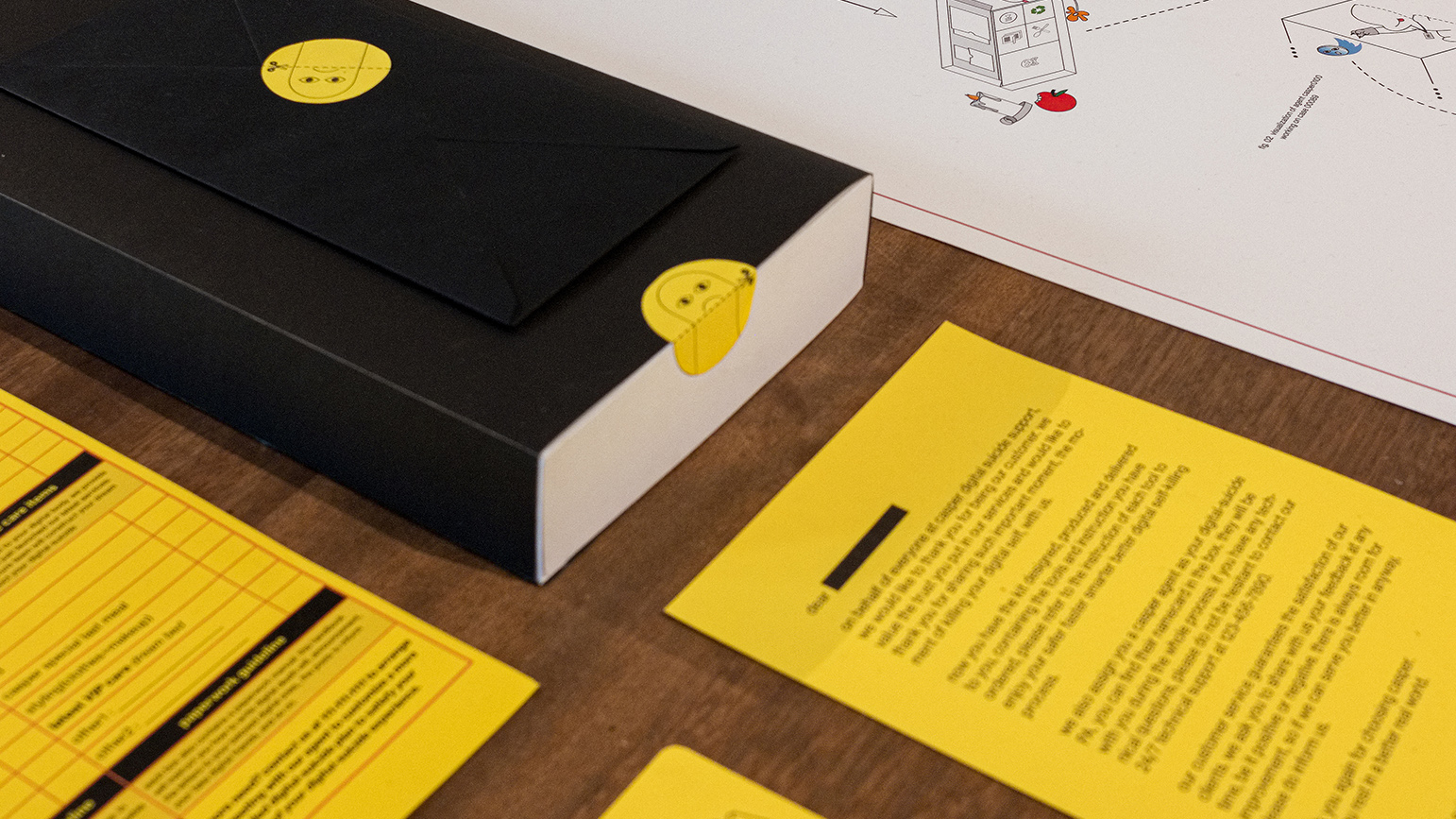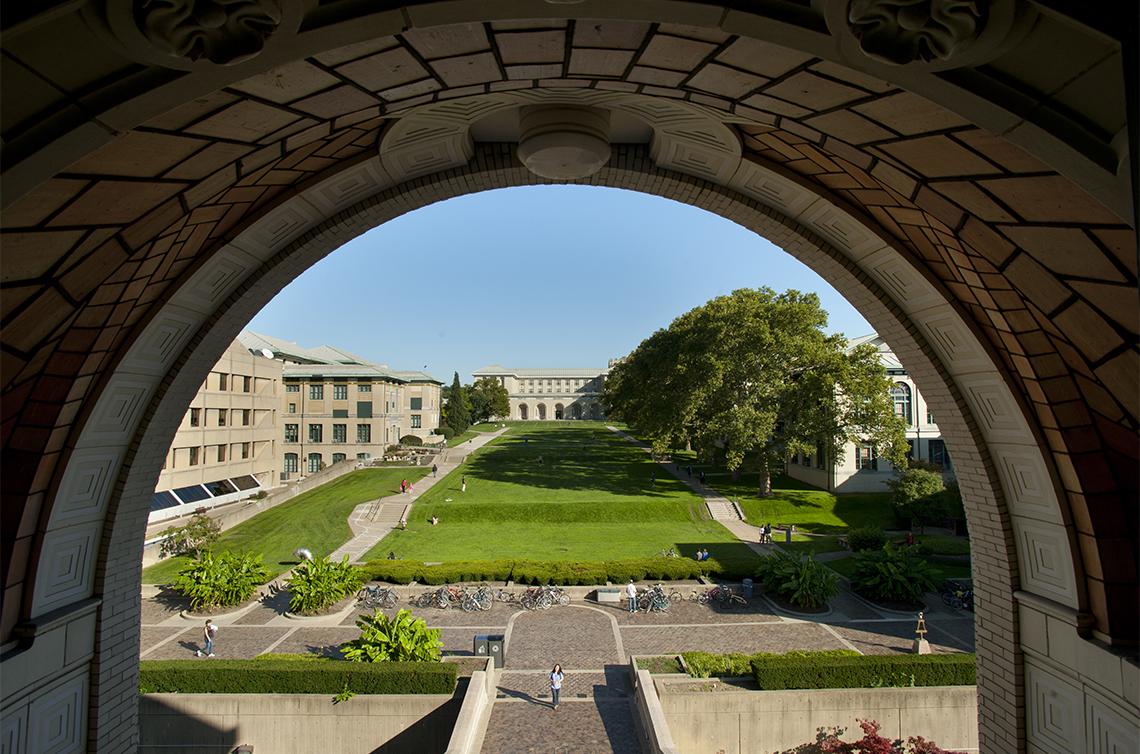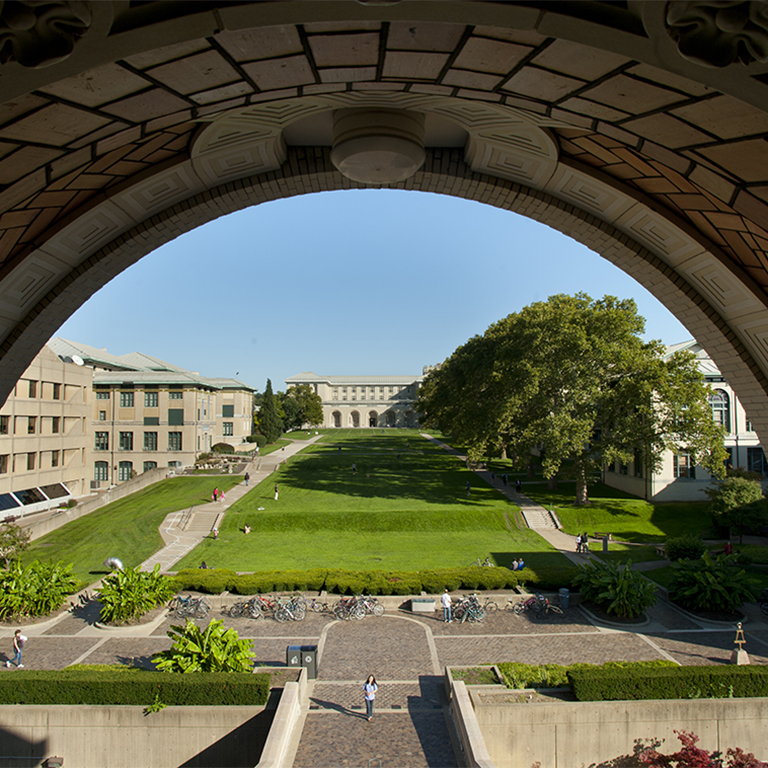
On the Ground is a series featuring research by graduate School of Art students at Carnegie Mellon University that offers a glimpse into the particular contexts, processes, and methods of inquiry that drive their work beyond the confines of the studio.
In August, I went to London to participate in the SOS_19 summer school at the School of Speculation, an independent and nomadic critical design school. It aims to challenge current market-driven design education, offering “alternative model of education afforded by its own institutional framework outside of the traditional university.”
For two weeks, I joined 20 designers, students or practitioners from different parts of the world to develop individual projects based on a speculative design methodology. The course also hosted daily workshops and lectures from designers and artists at the cutting edge of design and academia.
For the final project, some people proposed investigations on current events. Some people imagined alternative histories. Some people speculated new design in the future based on today’s issues we have. I designed a project which speculates a future company providing digital-suicide services. In this project, I intend to open up discussions around the issues of data ownership, data accessibility, and data privacy, as well as the possibility of achieving data democratization in the post-internet era.
Even though SOS_19 is primarily a design summer school, the experience informed my art practice a lot. Part of my current practice is about using artistic language to challenge and rethink the design norms or conventions embedded in our daily life. All the participants in this course had their own inquiries in today’s design as well.
It was very interesting to work with people from different backgrounds, working in different fields of design. Each of us had very different strategies of visual representation to express our critical standing points. But all the participants were willing to communicate and were very open to varied languages and strategies. The whole class blurred the boundaries of disciplines, forming a safe think tank for us to form challenging ideas. It is a speculative design course, but our projects were all deeply rooted in the present and in reality, and tried to offer possible answers or predictions to critically imagine an alternative present or future.
We are all searching for ways to better understand the meaning of “good” when we are asked to make “good” designs as designers and artists. And the School of Speculation as the platform is also trying to construct an alternative framework for our today’s market-driven design education. I think not only the contents of this course but also the format of the school gave me insights into the alternative languages we can utilize today as designers and artists to respond to our status quo.
I think it is important for artists to jump out of the comfort zone to work with other people, in other disciplines or just simply in other modes. Although SOS_19 was a very short course, it was an eye-opening experience for me. It was the first time I got in touch with speculative design and worked in a speculative design methodology. Besides the new type of work I developed during the course, I have had opportunities to pause for a little while as an artist to examine and reflect on my mindset from another perspective. This switch of perspectives allows me to have a better understanding of the critiques I once had towards design as an artist.
–Huidi Xiang, MFA ’21




